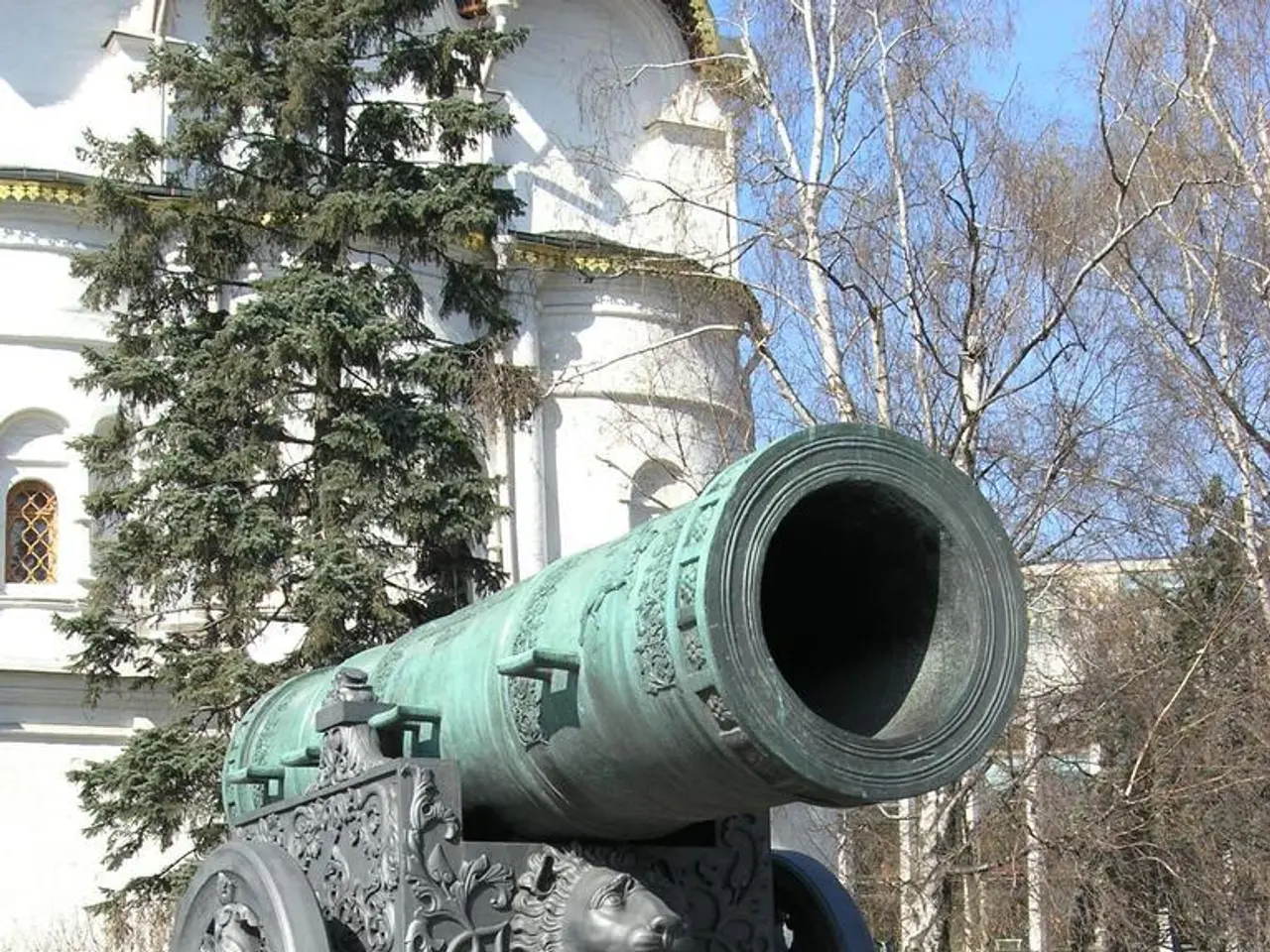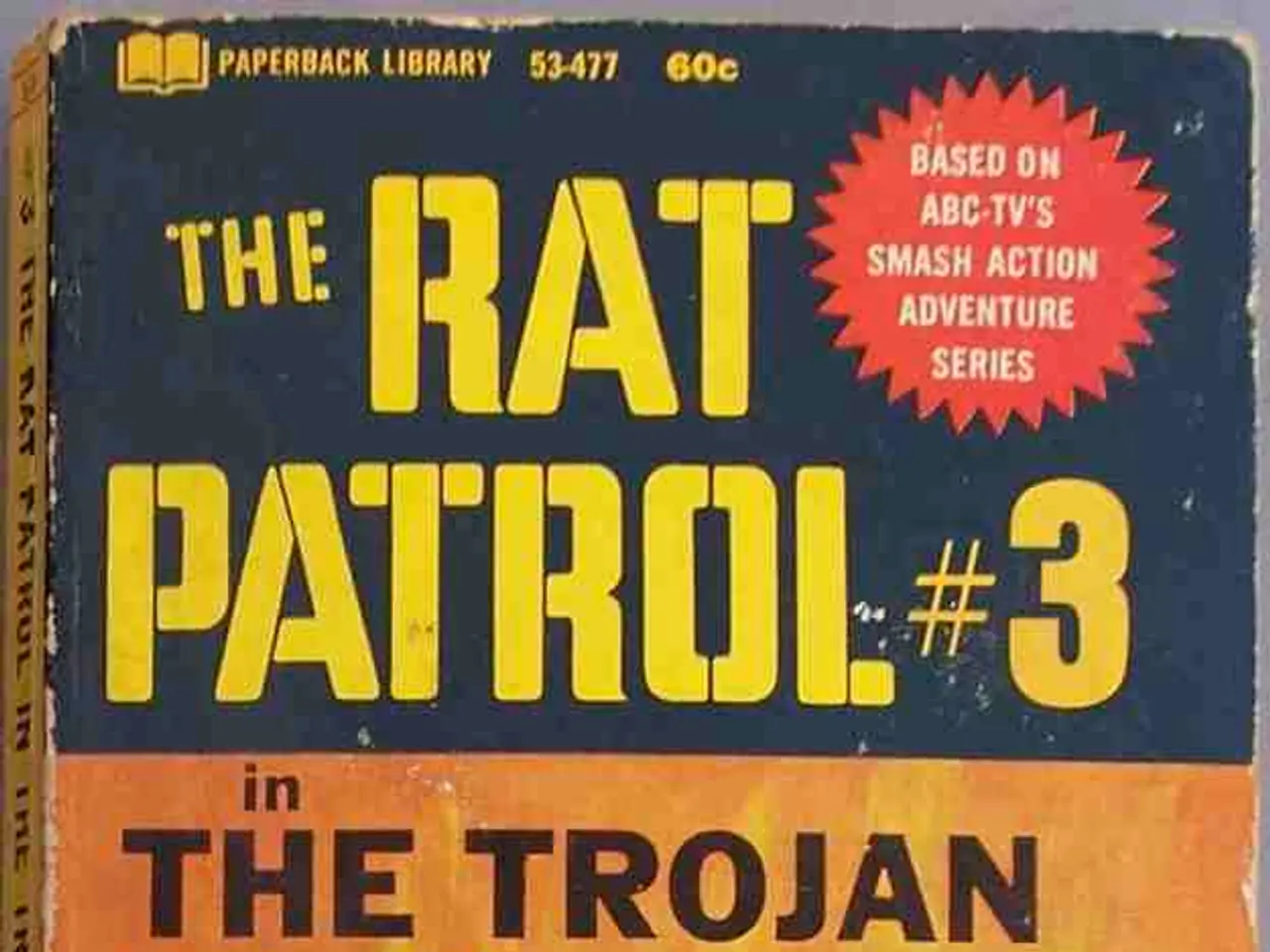Kremlin associates deem Trump's threat insignificant, according to insider insights
The United States has ordered the deployment of two nuclear submarines near Russia, a move aimed at responding to what President Donald Trump described as "highly provocative statements" made by Dmitry Medvedev, Russia's Deputy Chairman of the Security Council.
Strategically, this deployment serves as a tangible signal of US readiness to counter potential aggressive Russian actions linked to the ongoing conflict in Ukraine. The escalating Russian rhetoric and military activity, such as the large drone attacks on Ukraine in July 2025, have heightened concerns.
Positioning nuclear submarines closer to Russia could increase tensions by adding uncertainty to Russia’s security calculations. These stealthy, strategic assets are capable of launching nuclear or conventional missiles undetected, thereby increasing the risk of miscalculation between the two nuclear powers.
The deployment may also lead to increased diplomatic strain and escalation risks. While Trump’s announcement emphasizes a desire to avoid unintended consequences, the move could prompt reciprocal Russian military deployments or aggressive countermeasures, potentially destabilizing the regional security environment further.
The deployment, if the submarines take position near Cyprus, could allow the nuclear missiles to reach central Russia in 10 minutes. However, neither the Russian foreign ministry nor other leadership bodies seem to be reacting to the deployment.
Some experts, such as Yuri Fedorov, view the deployment as a threat, while others, like Leonid Ivlev, believe it is not a threat to Russia's security. Duma deputy Viktor Vodolazki suggests there's no need to respond to Trump's statements because the US president is known for changing his mind.
Kremlin-linked political scientist Sergei Markov has criticized President Donald Trump for acting "stupidly and irresponsibly." Russia is aware of the stationing of the US weapons, and there's an emphasis on the need for an agreement between Moscow and Washington to end all talk of a third world war.
Despite the concerns, it's unclear why a president would react to the words of a deputy chairman of a security council. Russia keeps an eye on the US fleet, and some, like Viktor Vodolazki, believe that Russia has more and better-equipped nuclear submarines, making the deployment pointless as a scare tactic.
Trump is also accused of breaking his promises to US voters to end wars. The deployment near Russia, however, could be seen as a demonstration of US strategic signaling intended to deter Russia from further provocations.
In summary, the deployment demonstrates US strategic signaling intended to deter Russia from further provocations but carries risks of escalation and increased tensions between the two nuclear-armed states. The situation underscores the need for diplomatic dialogue and mutual understanding to prevent any unintended consequences.
Policy-and-legislation discussions might intensify as the deployment of US nuclear submarines near Russia raises concerns about war-and-conflicts escalation. The strategic move, in the context of general-news surrounding Russia's aggressive military actions and escalating rhetoric, could influence politics, potentially leading to further policy-and-legislation adjustments.






